Launching its official program for 2015 this morning was the Sydney Film Festival which will be screening the best and boldest that cinema has to offer throughout June.
Concerning the festival’s selection of Asian content, most of the choices that programmers have decided to go with this year aren’t too surprising for Asian film aficionados who have kept an eye on what’s been screened around the world.
Festival favourites like Japan’s Hirokazu Koreeda (Our Little Sister) and South Korea’s Hong Sang-soo (Hill of Freedom) will join recent festival standouts including the Sundance-winning Chinese documentary The Chinese Mayor and The Look of Silence, Joshua Oppenheimer‘s companion piece to his critically lauded documentary The Act of Killing.
Elsewhere in the festival, Bong Joon-ho’s 2009 crime thriller Mother will be receiving a retrospective screening. Under Bong’s supervision, the film has been transferred over to a black and white print which director recently revealed in an interview with Twitch he preferred.
Below is a full list of both the Asian films that have been invited to Sydney Film Festival as well as those that predominately feature Asian subjects and subject matter despite being produced in other countries.
The Chinese Mayor (China, dir. Zhou Hao)
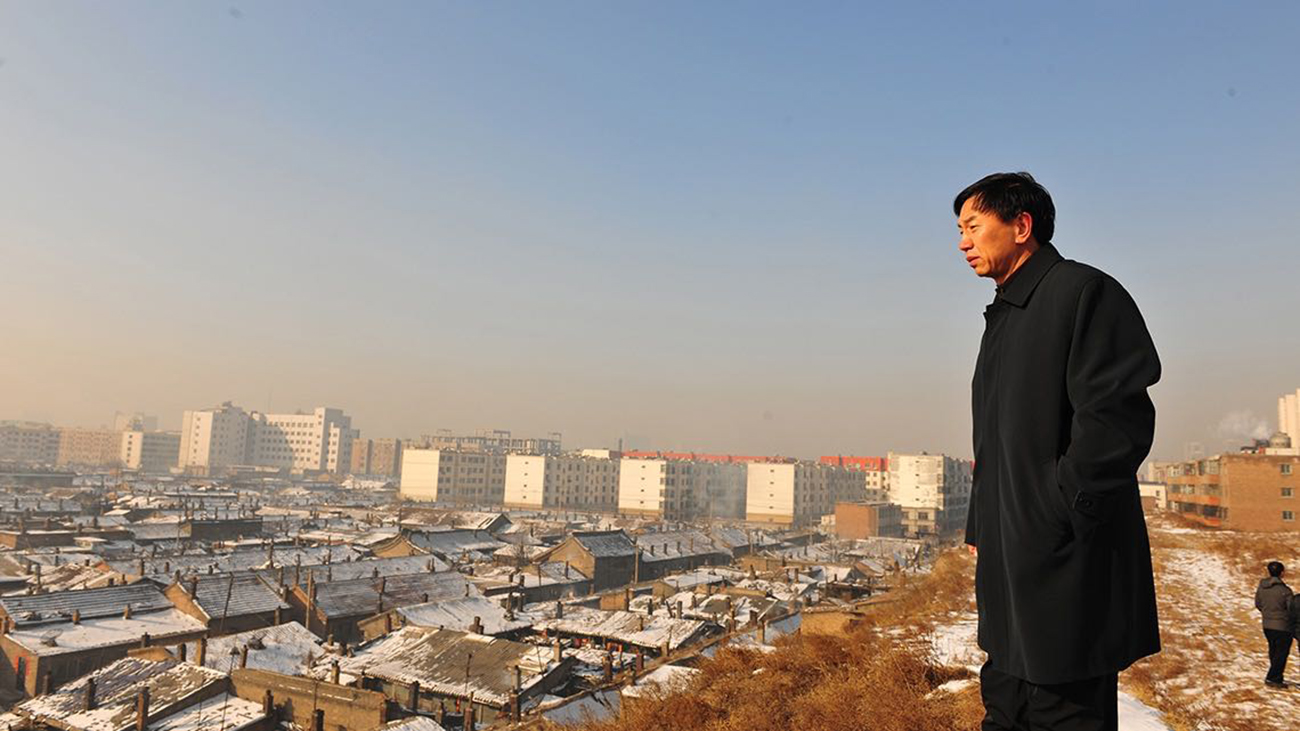
After winning a Special Jury Award at Sundance for the film’s “unparalleled access”, The Chinese Mayor has been steadily travelling the film festival circuit. The documentary puts the mayor of Datong, a city that was once the thriving capital of Imperial China, at the centre of controversy as he plans on restoring the heavily polluted Chinese city to its former glory. Doing so, however, means spending unimaginable amounts of money, bulldozing through thousands of homes and relocating all of the city’s residents.
Corners (Singapore, dir. Kwok Li Chen, Edward Khoo)
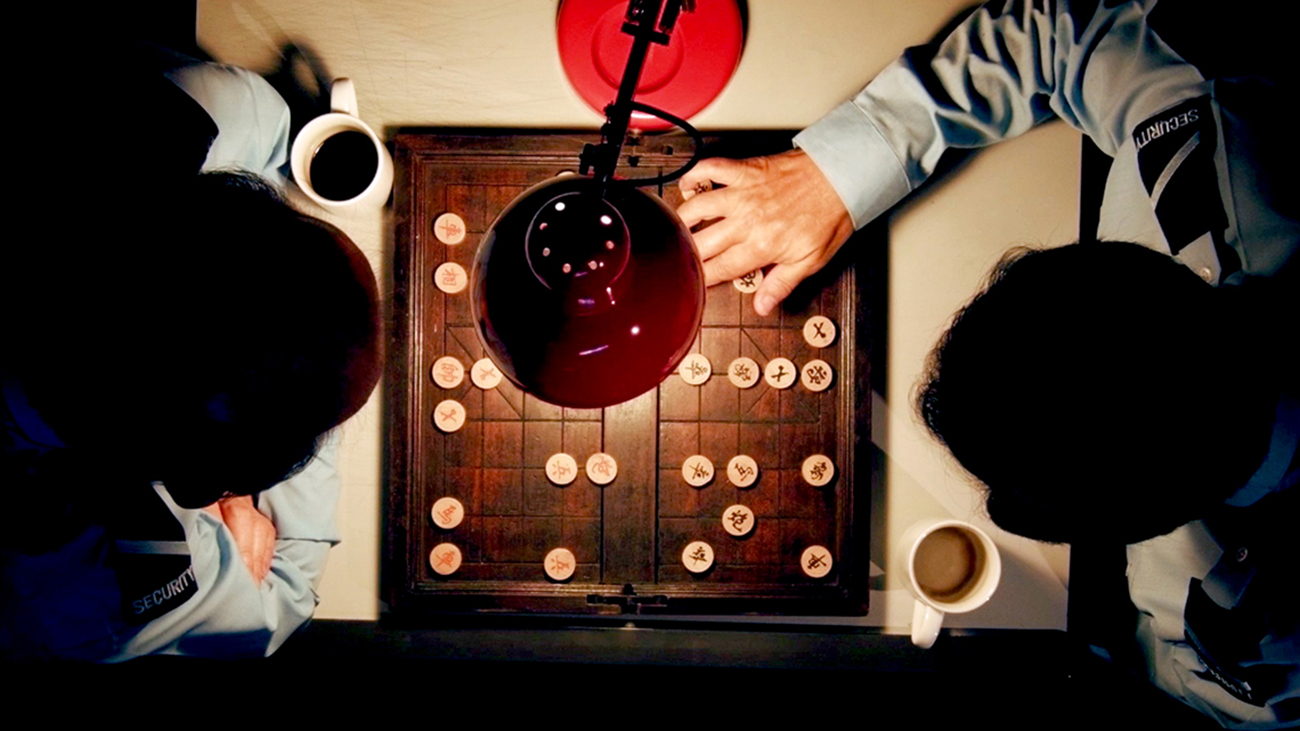
This three minute Singaporean short film screens with Romanian film, Aferim!, and sees a security ruminate on a dream he had the night before. The film is co-directed by Edward Khoo and Kwok Li Chen. Khoo’s debut short film, Late Shift was invited to the 16th Busan International Film Festival. Corners is Kwok’s debut short film.
Dearest (China, dir. Peter Chan)
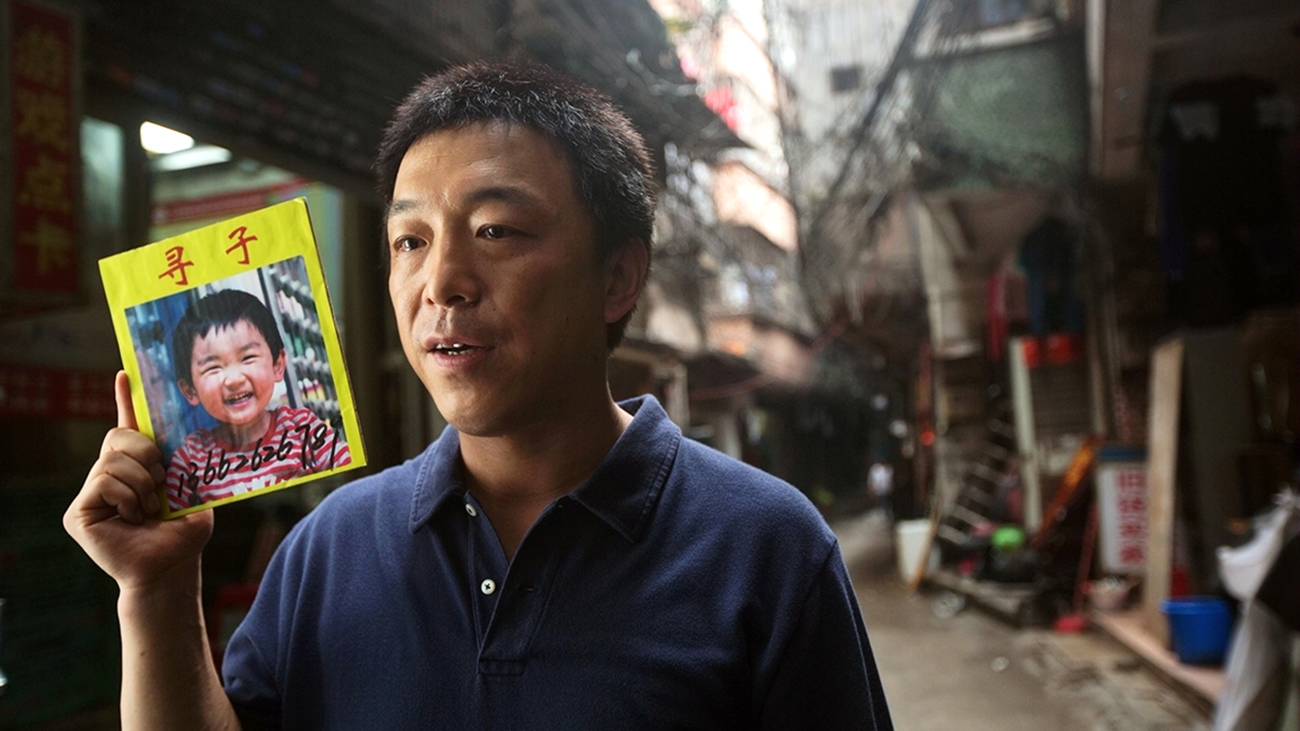
From the director of Hong Kong classic, Comrades: Almost A Love Story, comes Peter Chan‘s latest, a Chinese child abduction drama that has screened at the Toronto International Film Festival and Busan International Film Festival. Starring Zhao Wei and Huang Bo, the film draws inspiration from true stories of child abduction and has been described as “devastating”, shedding an illuminating light on China’s kidnapping problem.
From What is Before (Phillippines, dir. Lav Diaz)
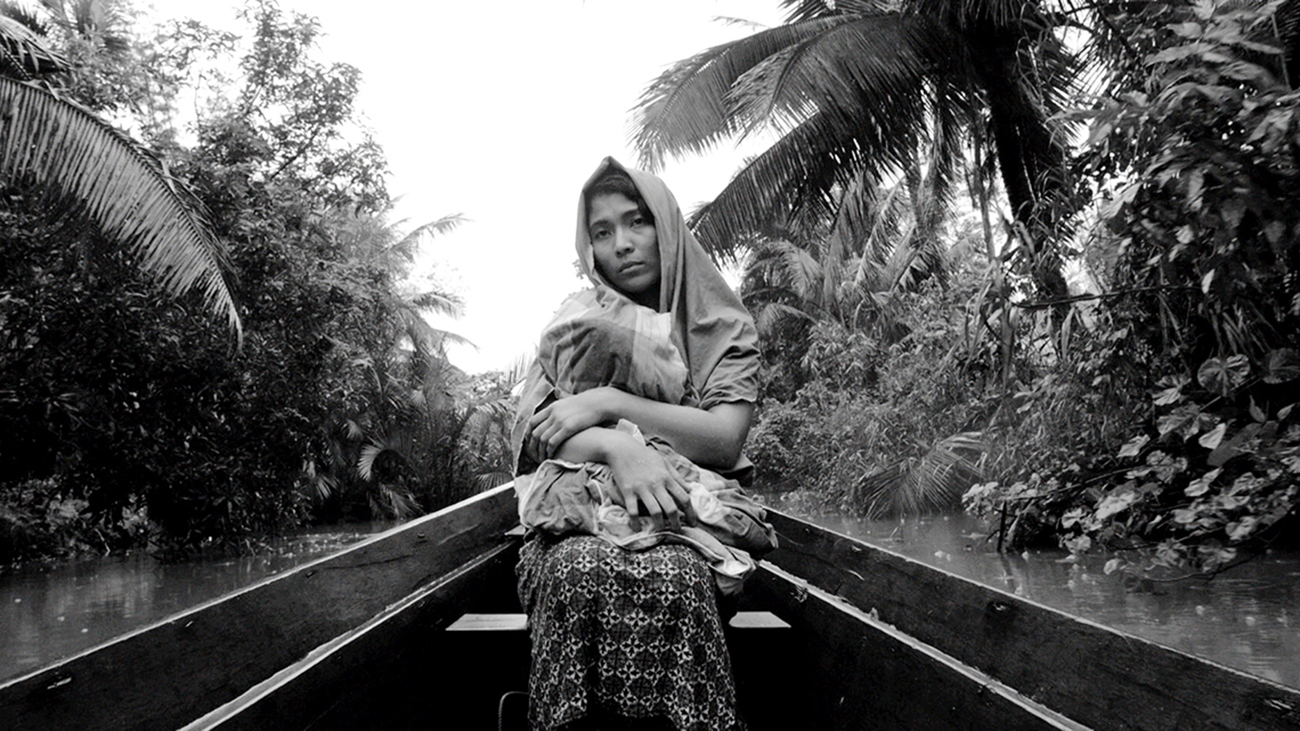
Prolific Filipino director, Lav Diaz, returns to screens with his latest – the five and a half epic that is From What Is Before. Known for his long-form storytelling and artistic eye, Diaz’s film casts a majestic and contemplative eye on a critical moment in the history of the Philippines. Prior to Ferdinand Marcos imposing martial law, strange things happen in a small rural village causing paranoia and hysteria within the village people.
Haemoo (South Korea, dir. Shim Sung-bo)
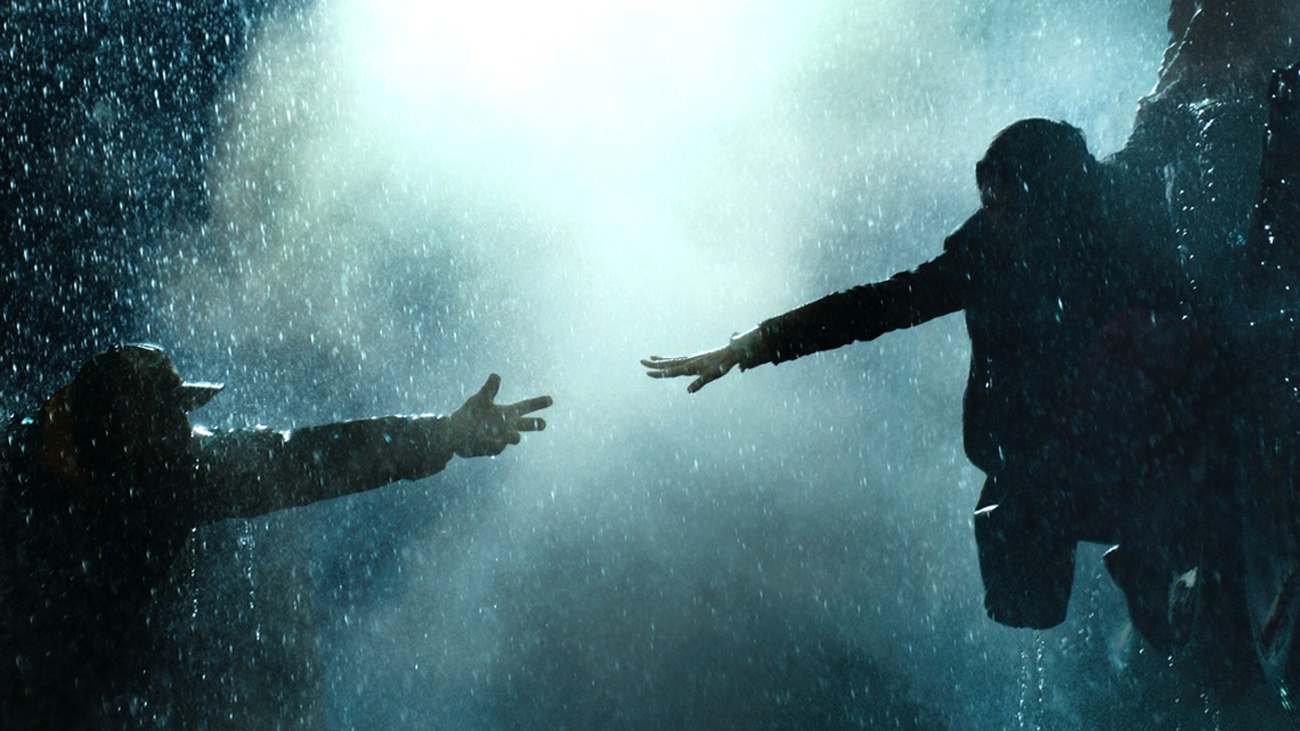
Selected as the official South Korean entry into this year’s Best Foreign Language Film category at the Academy Awards, this film is based on the true-life story of a fishing crew who undertake a dangerous job – smuggling illegal immigrants from China to Korea. Also produced by Bong Joon-ho (Snowpiercer, Memories of Murder), the Korean thriller has played multiple festivals and won several awards.
Hill of Freedom (South Korea, dir. Hong Sang-soo)
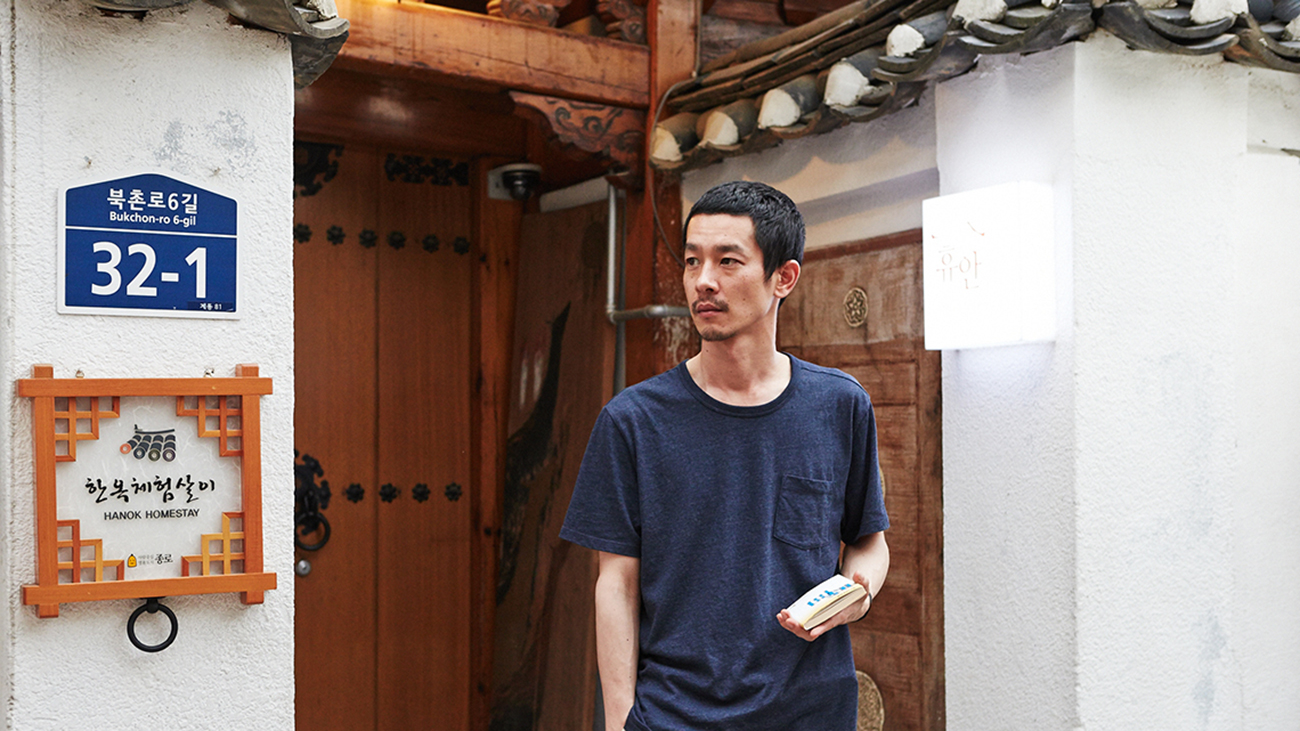
Hong Sang-soo has a new film (sometimes two!) every year and 2015 is no exception. Written and directed by Hong, Hill of Freedom is the 16th feature length film about a Japanese man who travels to Seoul to reconnect with an old flame. Soju, awkward comedy abound!
Kabukicho Love Hotel (Japan, dir. Ryuchi Hiroki)
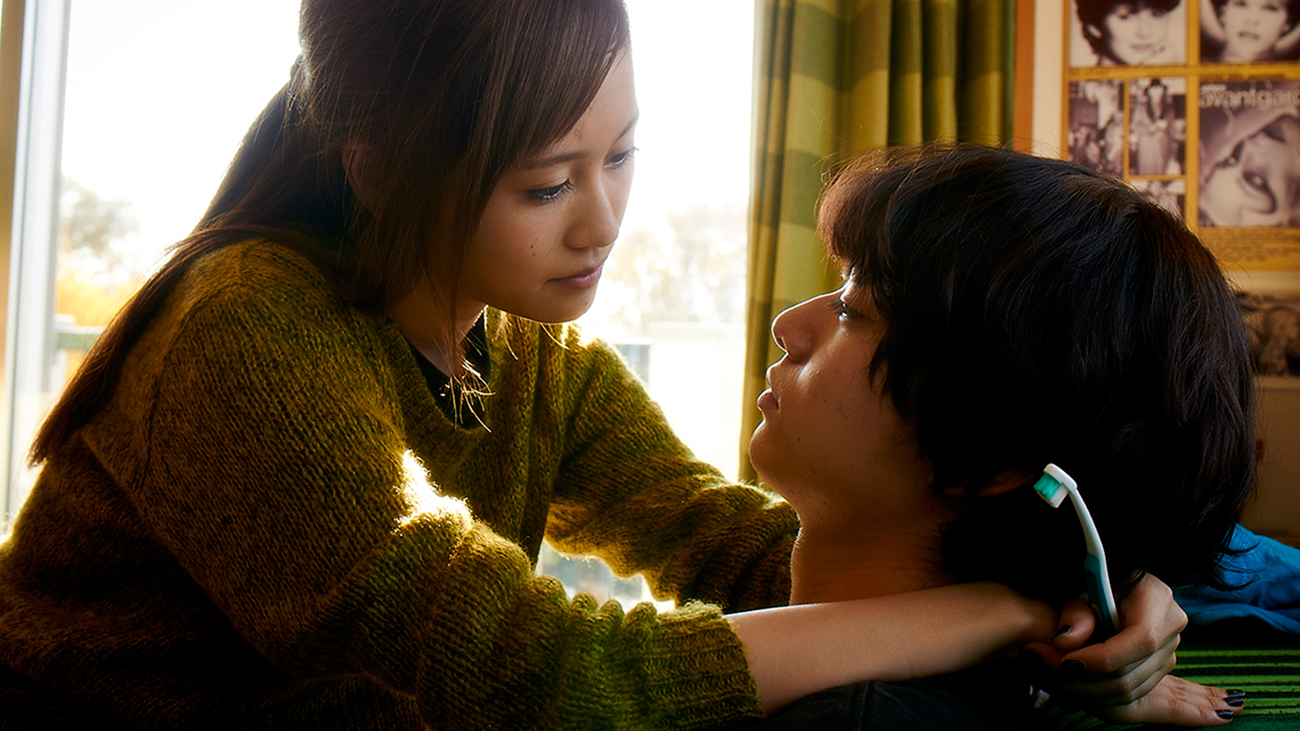
Initially starting his film career in Japanese pink films, filmmaker Ryuchi Hiroki has since since demonstrated that he’s a versatile filmmaker capable of creating engaging independent films and commercial romances. Kabukicho Love Hotel almost takes the director back to his indie/pink roots as the film revolves around a collection of characters’ connection to a love hotel in Kabukichou, notoriously known as Tokyo’s red light district.
The Look of Silence (Indonesia, dir. Joshua Oppenheimer)
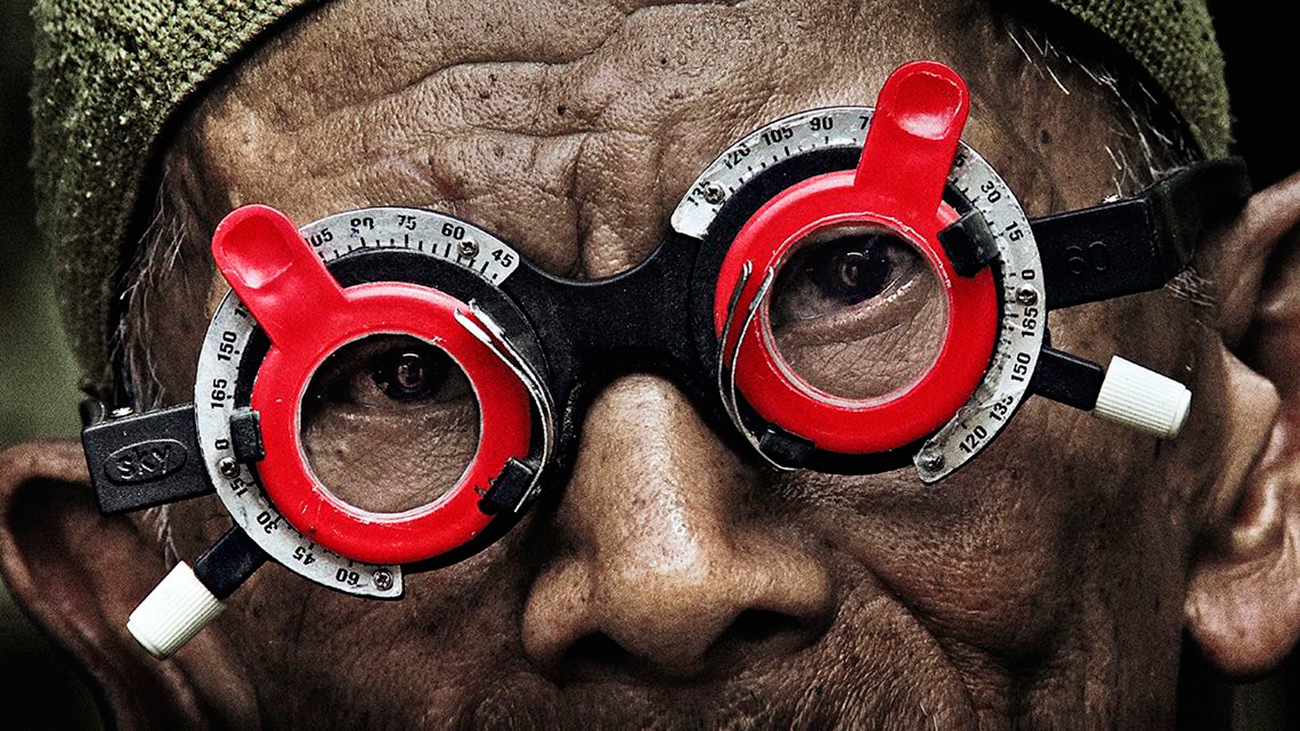
After the much-talked about documentary, The Act of Killing, Joshua Oppenheimer returns to Indonesia for his new documentary, The Look of Silence. Where his previous film focused on the death squad responsible for the mass murders of Indonesians, The Look of Silence presents the victims of those affected by the men responsible for the death of their loved ones. A sobering companion piece to his previous film, some say The Look of Silence outshines his previous effort.
Mother (South Korea, dir. Bong Joon-ho)
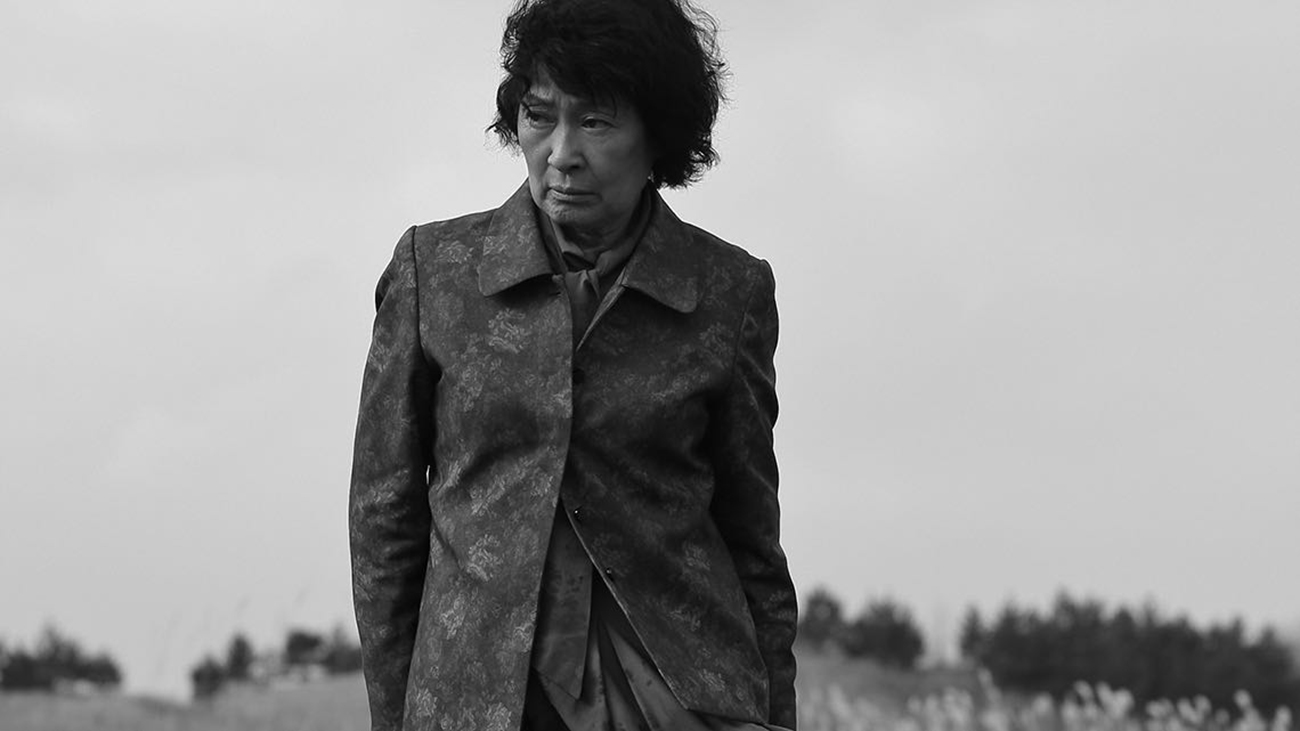
One of the best films of 2009 was Bong Joon-ho’s Mother, a drama-thriller about a woman’s devotion to her mentally-impaired son who has been accused of murder. Bong further showed how gifted a filmmaker he was with this marvelous film and, out of sheer curiosity, decided that he wanted to see what his Hitchcockian thriller would look like in black and white. The black and white restoration should prove to be an interesting viewing experience, particularly for those who’ve already seen the movie.
My Love, Don’t Cross That River (South Korea, dir. Jin Mo-young)
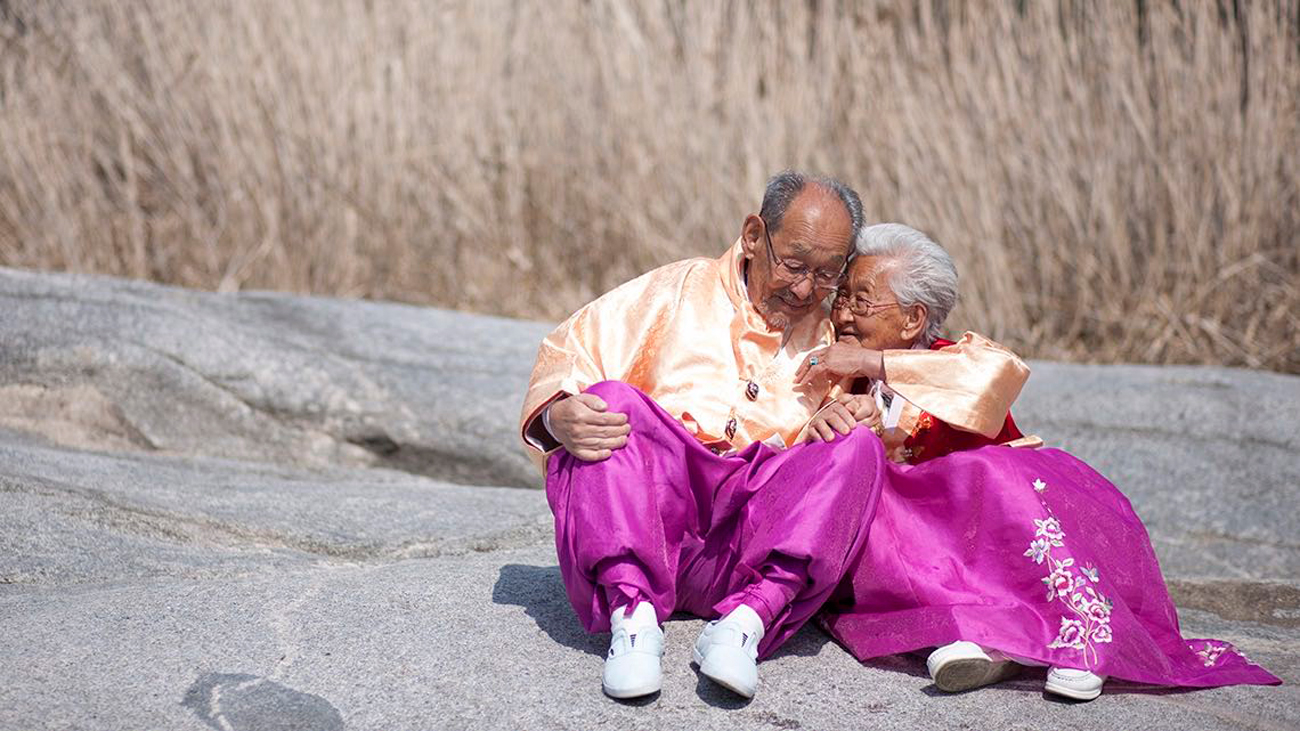
This South Korean documentary about a couple who have been married for 76 years took South Korea by storm and became the country’s most successful documentary at the local box office. Filmed at the couple’s home for a period of 15 months, the documentary shows their everyday life, their worries and concerns about their health and their unveiling devotion to one another. True love exists it would appear!
On the Rim of the Sky (Germany, dir. Xu Hongjie)
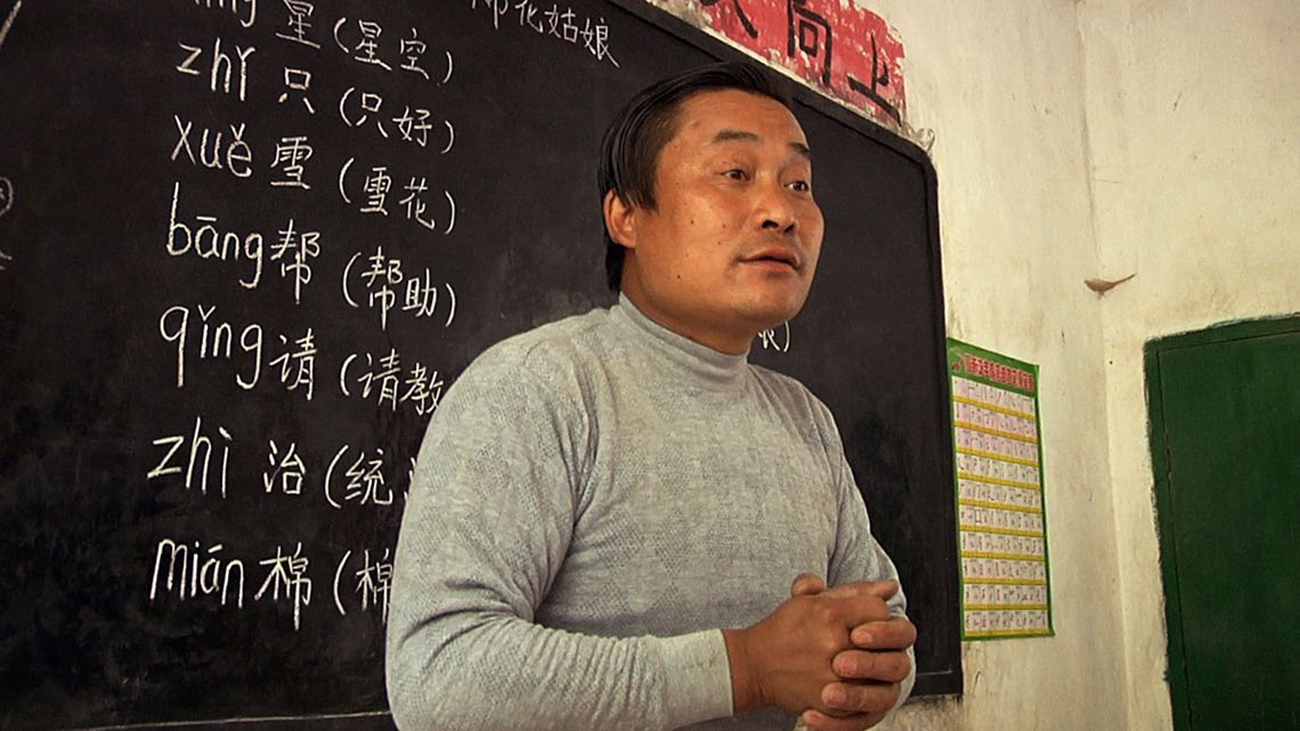
On the edge of a cliff, high above a river gorge in China’s Sichuan province is the Gulu village. For the most part, the village is isolated given its location and inaccessibility but in it there lives a teacher who has taught at the local school for 25 years. No one else has taken over his duties given how inaccessible the village is. That is until the young, idealistic teacher Bao arrives. The documentary has played at film festivals including Hot Docs and Locarno.
Our Little Sister (Japan, dir. Hirokazu Koreeda)
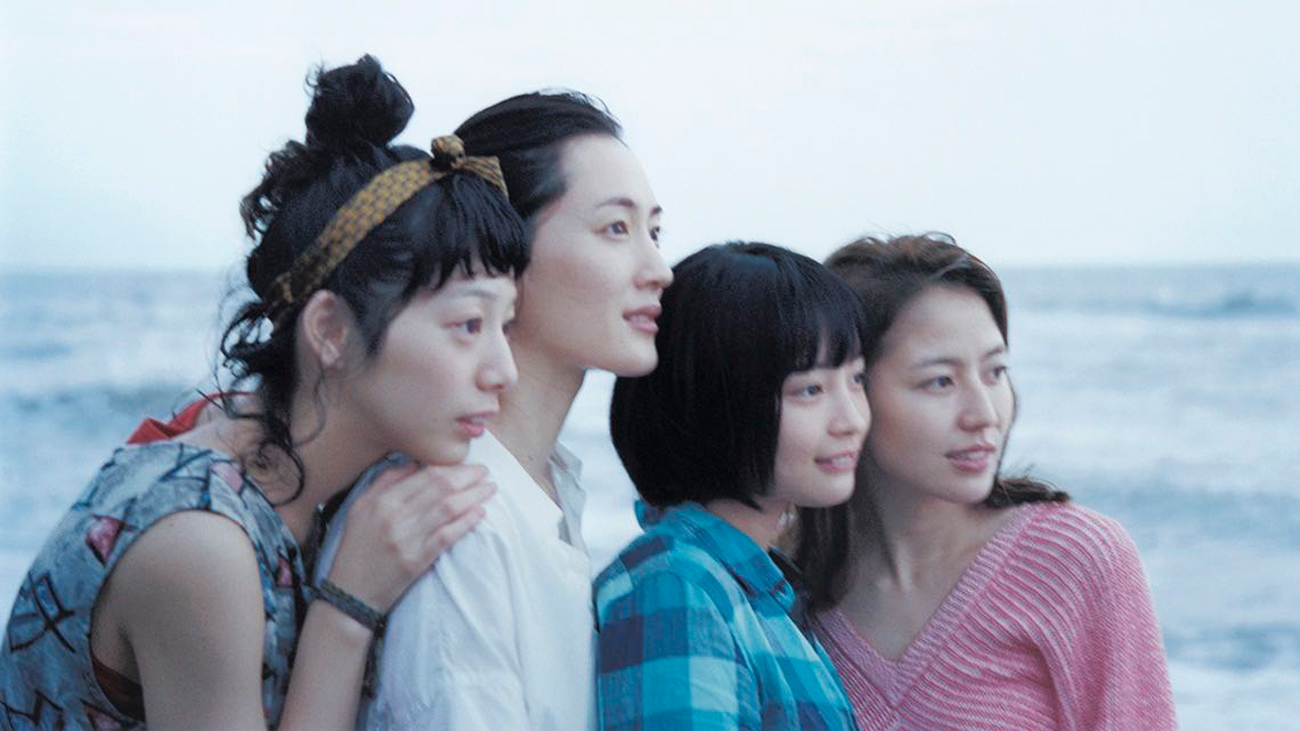
By the time this screens in Sydney, it will have been fresh off its ‘in competition’ run at this year’s Cannes Film Festival. No telling what Cannes will make of Our Little Sister from festival favourite Hirokazu Koreeda but if trailers have suggested anything, this seems like it will be very much in line with what Koreeda has established in recent years as a filmmaker. Based on a manga called Umimachi Diary, the film tells the story of a fourteen year old girl who moves in with her three older sisters after their father passes away.
Sherpa (Australia/Nepal, dir. Jennifer Peedom)
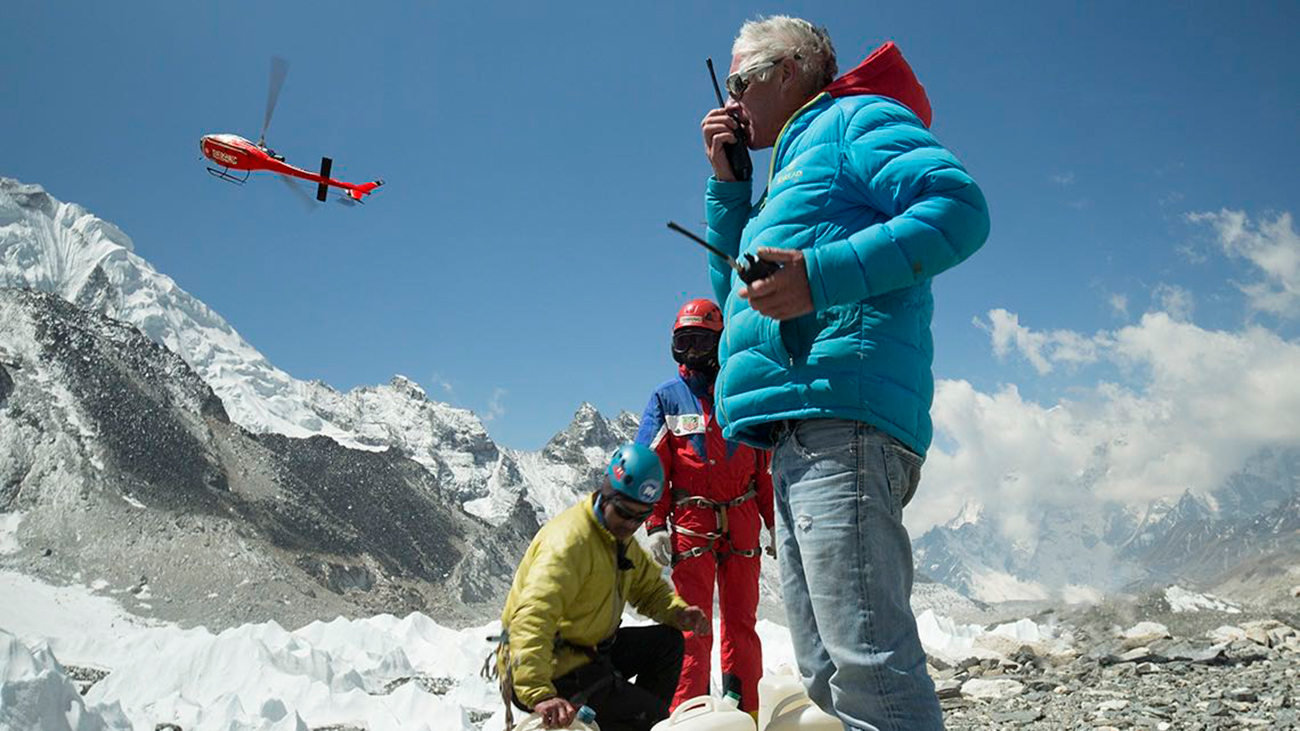
A co-production between Australia and Nepal, Sherpa is a documentary that observes the unequal relationship between privileged mountain climbers and their guides. Following an altercation in 2013 which saw European climbers flee from a group of angry Sherpas, director Jennifer Peedom intended to follow a Sherpa throughout the 2014 climbing season only to have captured a devastating tragedy in which huge block of ice collapsed on Mount Everest, killing 16 Sherpas. Filmmakers Jennifer Peedom, Bridget Ikin, John Maynard and John Smithson are guests of the festival.
For more information about Sydney Film Festival 2015, including ticketing, session times and the full program, refer to their official website.
